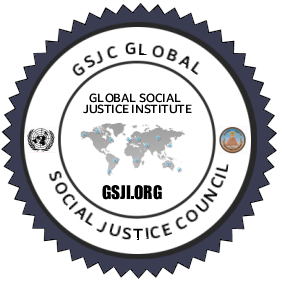|
a. Powers and functions
The United Nations Charter sets out the powers and functions of the Gen- eral Assembly. The main functions of the
General Assembly in relation to human rights include the following: initiating studies and making recommen- dations
for promoting international political cooperation; the development and codification of international law; the
realization of human rights and fun- damental freedoms for all; and international collaboration in the economic,
social, cultural, education and health fields. This work is carried out by a number of committees established by
the General Assembly, international conferences called for by the General Assembly and by the Secretariat of the
United Nations (see below). Most items relating to human rights are referred to the “Third Committee” (the Social,
Humanitarian and Cultural Committee) of the General Assembly.
The General Assembly’s competence to explore issues concerning human rights is almost unlimited, in that, under
Article 10, it is allowed to “discuss any questions or any matters within the scope of the present Charter” and to
make “recommendations” to Member States on these subjects.
Decisions of the UNGA are referred to as resolutions which reflect the will of the majority of Member States.
General Assembly resolutions largely deter- mine the work of the United Nations.
b. Sessions
The General Assembly meets in regular session in New York each year on the third Tuesday of September and continues
until mid December. It may also meet in special or emergency sessions at the request of the Security Council or at
the request of the majority of the members of the United Nations.
| 
